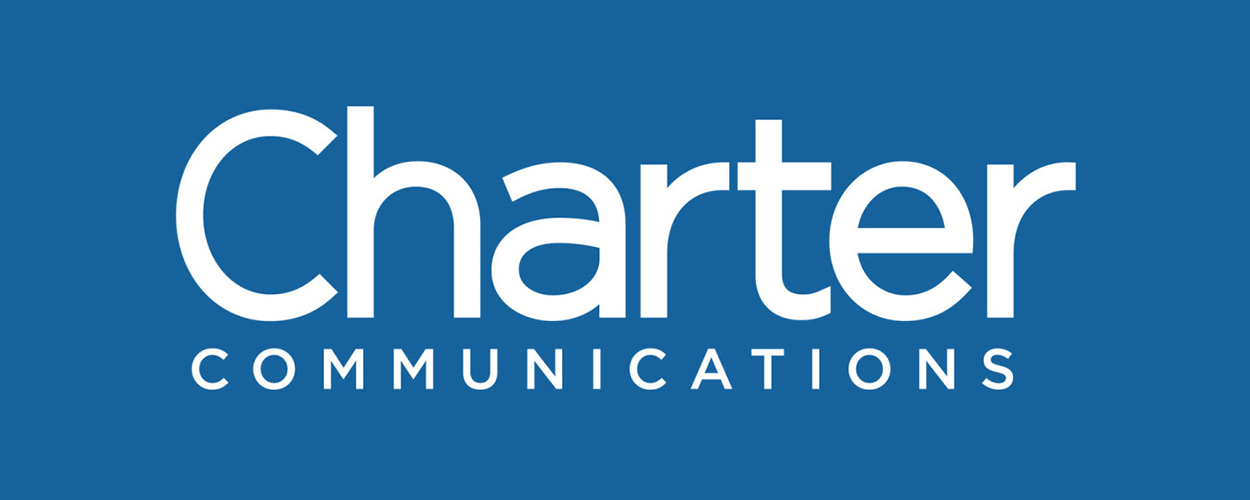This website uses cookies so that we can provide you with the best user experience possible. Cookie information is stored in your browser and performs functions such as recognising you when you return to our website and helping our team to understand which sections of the website you find most interesting and useful.
Business News Digital Labels & Publishers Legal
Labels v Charter dispute results in debate over whether P2P file-sharing is still an issue
By Chris Cooke | Published on Monday 8 February 2021

As the big legal battle between the major record companies and US internet service provider Charter Communications continues to go through the motions, there is now a side debate as to whether piracy is really a problem for the music industry any more.
Isn’t P2P file-sharing all a bit 2009, and kind of old news now that the majors are cashing in big time on the streaming boom, enabled – of course – by the super duper internet access provided by the likes of Charter? Well, that’s what the ISP is asking. “No, not at all!”, say the labels. Piracy is still a problem. As are pesky net firms that don’t enforce their own repeat infringer policies.
Why’s this all relevant? Good question. After all, the labels are suing Charter Communications over the past infringement of its users. The ISP – like rival Cox Communications – is accused of having a shoddy system for dealing with repeat infringers among its userbase.
If that is proven, Charter – like Cox – loses safe harbour protection under US copyright law, meaning it can be held liable for its users’ past infringement. In Cox’s case, that liability led to a billion dollar damages bill. Though Cox is very busy appealing that ruling.
Charter is also understandably keen to avoid any liabilities for its users’ past copyright infringement and/or being forced to pay mega-bucks damages to the majors.
Among other things, Charter’s lawyers argue that the fact piracy is no longer such a big deal for the music industry could be a factor in deciding any damages the ISP may or may not have to pay in the future.
The logic there is that, with piracy less of a problem, there is less of a need for a financial deterrent to encourage ISPs to be tougher on infringers, which in turn should result in lower damages being awarded. Or something like that.
According to Torrentfreak, Charter’s legal rep said: “The snippet of time in which this case involves, because of the total length in the claim period, is a time when this P2P issue was at its most pronounced. Today it’s no longer a problem. Today plaintiffs … are making a ton of money off of the internet streaming capabilities … Charter’s internet is actually giving them a vehicle by which they make a huge amount of money”.
This is coming up now because the case is going through the discovery phase and both sides are trying to access internal documents from the other. Charter wants access to information about the major record companies’ recent revenues, and the impact streaming has had on their businesses.
The record companies counter that, while P2P file-sharing may not be as significant a threat as it once was, it’s still an issue, alongside other forms of online piracy.
To prove their point, they want Charter to hand over information about the infringement notices they are now receiving, the internal conversations they have had about infringement, and the revenues they generate from users accused of infringing copyright.
Charter has objected to that request and a judge recently concurred with the ISP that there are no grounds to force it to hand over that kind of information to the labels. However, last week the record companies returned to court to again argue that Charter should provide the requested documents and data.
They said: “Plaintiffs should be permitted this limited discovery to rebut Charter’s argument that peer-to-peer piracy is no longer a phenomenon to which Charter contributes and which contribution must be deterred”.





